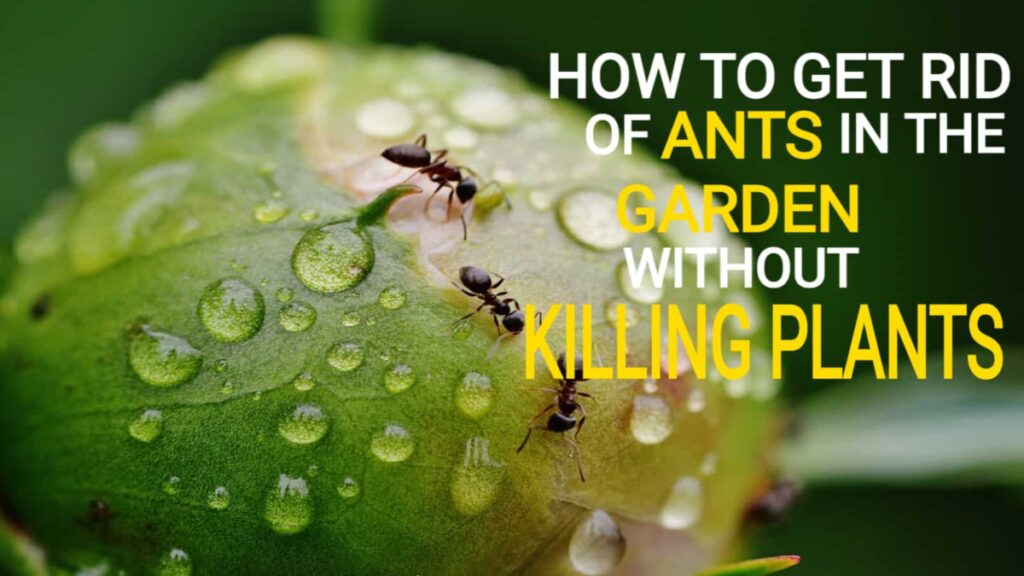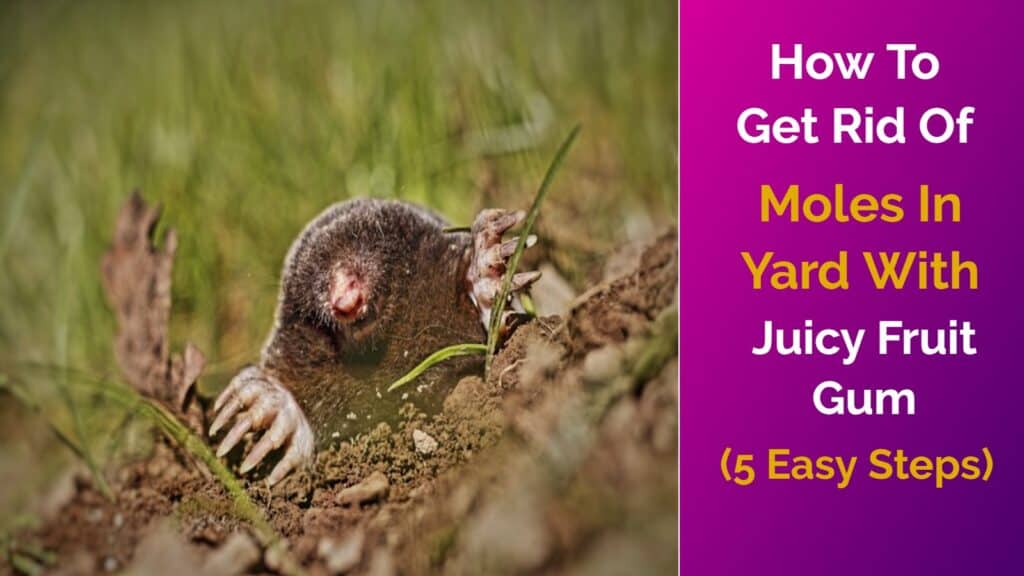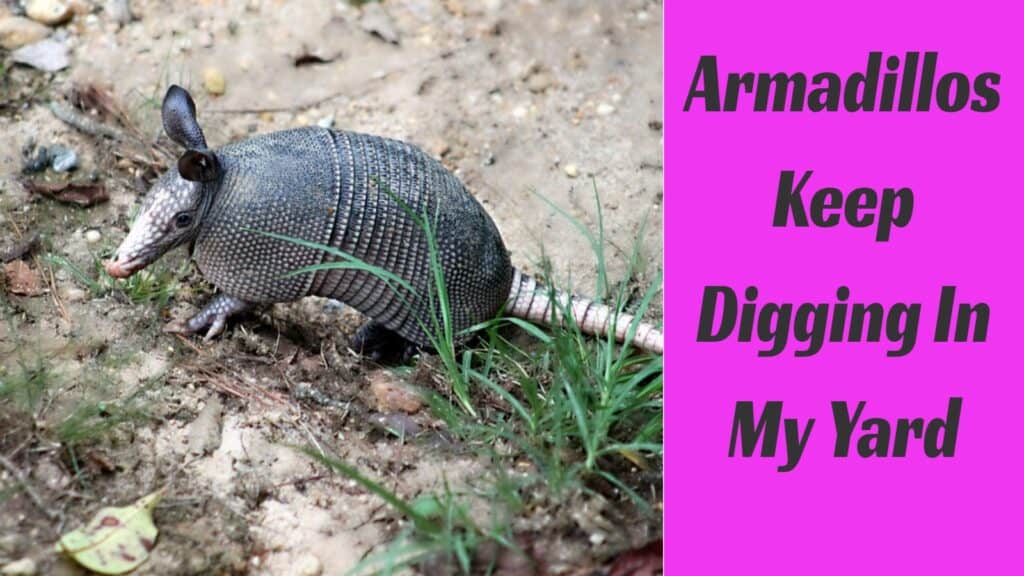How to get rid of ants in the garden without killing plants. Getting rid of ants in the garden can be difficult, especially when trying to do so without killing the plants. Ants are beneficial to the garden as they help in the aeration of the soil and assist in the control of other pests. However, when the ant population gets too large, they can become a nuisance, causing damage to the plants. Fortunately, there are a few simple yet effective methods for getting rid of ants in the garden without harming the plants.
Identifying the Species of Ants Invading Your Garden
It may be difficult to tell which kind of ants are causing damage to your garden. Step one is to watch the ants get a sense of their sizes, colors, and habits. Various ant species’ size, appearance, and demeanor may vary greatly. The smaller species are often black or brown, whereas the bigger species may be any color from yellow to red.
It is possible to tell what kind of ant it is by its size and color, but it doesn’t tell you anything about its habits. There are two major types of ants, social and solitary. Colonies of social ants are often found underground. On the other hand, solitary ants are not part of any colony and are more likely to be discovered randomly traversing your yard. Listed below are the common species of ants invading your garden:
Carpenter Ants
Carpenter ants are a species of ant that is very common in gardens and yards in many parts of the world. They are typically between a quarter and half an inch in length and are big and black. Carpenter ants are generally nonaggressive and do not sting or bite humans.
When carpenter ants decide to set up nests inside or close to homes, it may cause problems for the residents. Without control measures, they will likely establish nests in wooden buildings, including decks, fences, and walls, resulting in extensive damage. Keeping your garden clear of stagnant water and rotting plants might deter carpenter ants, another pest you’ll want to keep out of your yard.
Fire Ants
Fire ants are a type of ant that can cause serious damage to gardens and yards. They have a nasty sting and can cause damage to plants and flowers. Fire ants build large nests in the ground, which can become quite numerous in a short time.
Fire ants are a nuisance in the garden because they eat plants and ruin harvests. Fire ants eat a broad range of things, from plant debris to other insects. They may also introduce diseases and parasites, not to mention other pests, to a neighborhood.
Acrobat Ants
Acrobat ants are a species of ant that is commonly found in gardens and other outdoor areas. They get their name from their habit of arching their abdomens over their heads to form a “J” shape when threatened. Acrobat ants are small, about 1/8 of an inch long, and usually brown or black. They have strong mandibles and are capable of biting if disturbed.
Acrobat ants consume a wide range of foods, including other insects, nectar, and aphid honeydew. They will eat almost everything and even resort to scavenging if required. They help gardens because they consume unwanted insects like aphids and mites. However, they are not always benign pests; they often make their homes in timber, which may lead to structural damage.
Odorous House Ants
The odorous house ant is a little, dark brown ant often seen in outdoor spaces like gardens and yards. They get their name from the smell they produce when crushed, often described as “rotten coconut.” The odorous house ant is native to the United States but can be found in other parts of the world.
Due to their ability to taint food and transmit illness, odorous house ants are often considered nuisance insects. When they return after being ousted, they might be tough to manage. Discovering and eliminating the colony using pesticides or baits is the most effective method for getting rid of odorous house ants. Eliminating food and water supplies and closing off entry points can also help minimize ant populations in your house.
How To Get Rid Of Ants In The Garden Without Killing Plants
Prevention Strategies for Keeping Ants Out of Your Garden
Eliminate Sources of Food: Ants are attracted to sugary foods, proteins, and grease. Remove any food sources from your garden, including fallen fruit and vegetable scraps. Keep pet food dishes away from the garden area, and make sure to store all food items in airtight containers.
Plant ant-repelling plants: Certain plants like spearmint, thyme, and wormwood can help repel ants, so planting them around your garden can help keep them away.
Use Natural Repellents: Many plant-based insecticides and rodenticides may be used to keep ants away from your garden. Examples include spices and seasonings like cinnamon, cayenne pepper, vinegar, and citrus peels.
Use Ant Baits: To get rid of ants in your yard, you may use ant baits. The ants consume the poison from the baits and return it to the colony, eliminating the queen and the whole colony.
Use Barriers: Diatomaceous earth, sand, or wood ash barriers may be used to prevent ants from entering the garden. You should set up these fences around your garden. Create an impenetrable barrier between your home and the ants with the help of Barriers: den.
Trim Back Bushes and Trees: If you cut down the overgrowth in your yard, fewer ants will be able to find their way inside.
Use Sprays and Granules: The use of sprays and granules are also useful tools for preventing ants from invading the garden. These materials may create an impenetrable barrier around plants and the garden’s perimeter, preventing ants from entering the garden. If you want the best results, read the directions and apply them exactly as written.
Use Natural Predators: Ants may be deterred from a garden by using natural predators like spiders, wasps, and ladybugs. The ant population may be kept in check by introducing these predators to the garden. You should keep an eye on the population of these predators and cut them down if they start eating too many helpful insects.
Natural Solutions to Get Rid of Ants in Your Garden
Ants can be a major nuisance in your garden. But, before you turn to chemical pesticides and insecticides to get rid of them, consider natural solutions that are safer for the environment and your family.
- Create a physical barrier. The ants will not be able to enter your garden if you construct a barrier around it. The usage of cayenne pepper, coffee grinds, and diatomaceous earth are frequent.
- Plant mint all along the garden’s edge. Mint has natural repellent properties and may be used to deter ants.
- Grow some basil and garlic in your yard. The ants avoid both of these plants because of their pungent odors.
- A mixture of vinegar, water, and lemon juice may repel ants naturally. Spray the ant infestation using a solution from equal quantities of the two components.
- Combine sugar and borax powder to create an effective ant bait. Combine the components in a 1:1 ratio, and then sprinkle them in the spot where you’ve spotted ants. Ants will carry the poison back to their colony, where they will all perish.
- Use a jar, honey, syrup, and a paper towel to create an ant trap. Put a few drops of the honey or syrup into the jar and set it next to the ant path. Ants will be drawn to the sugary scent and may crawl inside the jar, but they will be trapped.
- Put predators back into the environment. Gardens often attract various pests, including those that are tasty to ants. The ant population may be controlled by releasing predators such as ladybugs, spiders, and praying mantises.
These natural solutions are a great way to eliminate ants in your garden without resorting to harsh chemicals. Try one or more of these solutions and see if they work.
Chemical Solutions for Controlling Ants in the Garden
Chemical solutions can be used to control ants in the garden, but it is important to understand how to use them safely and effectively. Some common chemical solutions for controlling ants are insecticides, baits, and dusts.
- Insecticides are chemical solutions that are lethal to ants on contact. The ants may be sprayed with insecticides, or the soil or other surfaces the ants will encounter can be treated with chemicals. Always follow the label’s instructions before applying a pesticide.
- Using baits is a very effective method for ant management in the garden. The ants will carry the poison back to the nest, where it will be distributed to the rest of the colony. Applying baits to the ground close to an ant colony’s home encourages the worker ants to bring the food back to the nest to share with the rest of the colony.
- The use of dusts is another chemical option for ant management in the garden. Applying dusts, which contain a chemical poisonous to ants, to soil or other surfaces where ants are likely to traverse kills them. When applying a dust, it is best to apply it directly to the nest, as directed on the product’s label.
When using any chemical solutions to control ants in the garden, it is important to use the products according to the instructions on the label and take safety precautions. Always wear gloves, long-sleeved shirts, and long pants when applying any pesticide or bait, and wash your hands afterward. Chemical solutions can effectively control ants in the garden, but using them properly and safely is important.
Benefits of Ants in the Garden
Ants are an important part of the garden ecosystem. They are an invaluable ally to gardeners, helping to keep pests, like aphids, at bay while providing valuable nutrients to the soil.
- Pest insects like aphids and caterpillars are easy prey for ants. The ants eat other insects, including flies, beetles, and mites. Keep your garden healthy and growing with the aid of ants because of their ability to reduce insect populations.
- The work of ants in aerating the soil benefits plant roots. The ants’ work of bringing soil nutrients to the surface is also beneficial.
- Ants are useful in preventing plant diseases as well. Ants may propagate beneficial fungi in a garden by transferring spores from one plant to another. This may aid in disease prevention and maintain a healthy plant environment.
- Ants help turn organic waste, such as dead leaves, into valuable compost for the garden. This contributes to forming fertile soil, which supplies plants with essential nutrients.
Conclusion
Getting rid of ants in the garden without killing plants can be done with natural methods such as encouraging predators like birds, lizards, and spiders to enter the garden and providing them with food and water. You can also use natural repellents such as vinegar, cayenne pepper, and citrus peel. Additionally, you can use an ant bait trap, but check the ingredients list to ensure it does not contain any toxic chemicals that could hurt your plants. With these methods, you can eliminate ants without harming your plants.



